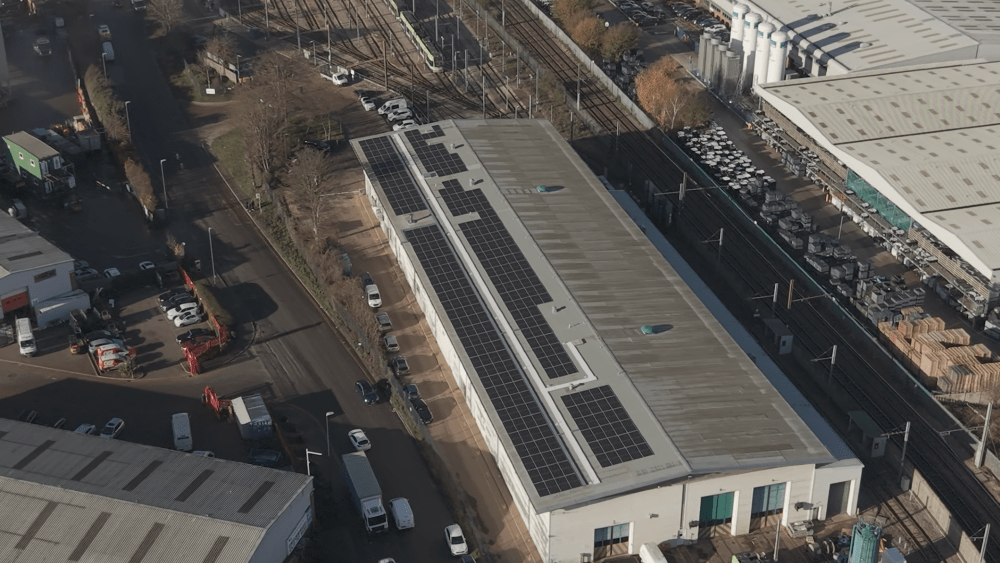Britain’s car and commercial vehicle plants generated a record 60.3GWh of renewable electricity last year, according to figures published by the Society of Motor Manufacturers and Traders (SMMT).
According to the SMMT’s Sustainability Report, solar panels and wind turbines installed by vehicle manufacturers at their production facilities generated 30.3% more electricity last year compared with the year before.
This clean, green energy – increasingly used for producing zero emission vehicles – helped save almost 12,500 tonnes of CO2 across the year.
The news comes as there are calls for urgent energy and planning reform to ensure factories can invest in green energy to produce the EVs the country needs to deliver net zero ambitions.
Manufacturers continue to invest in more efficient production processes, delivering a 2.4% fall in energy required to produce a vehicle.
But electrified models, which require more energy to manufacture than conventionally fuelled vehicles, accounted for more than a third (35.4%) of UK new car production in 2024. With new zero emission models and gigafactories in the pipeline, overall demand for affordable clean energy is set to grow exponentially, the SMMT added.
The society added that delays to grid connections could hamper progress, but decarbonising the grid, especially by reducing reliance on gas, can help cut electricity bills – one of the most significant cost disadvantages for auto manufacturers trying to invest in new products, production lines and the workforce.
It said that “rapid implementation” of its reforms could reduce electricity bills by a fifth, easing the non-competitive costs the UK sector faces. But the proposed relief on standing charges, which will apply to battery production and other energy intensive industries, should also be afforded automotive businesses given their trade intensity and central role in the delivery of net zero.
Mike Hawes, SMMT Chief Executive, said:
“Britain’s automotive factories are integral to the country’s decarbonisation ambitions, not just of road transport but the UK’s wider industrial base.
“Both will require significantly more electricity from the grid, but with faster grid connections and reduced energy costs the necessary investment will be unlocked. The industry cannot afford to wait, and nor can the country if our net zero ambitions are to be realised.”
Image from Shutterstock












